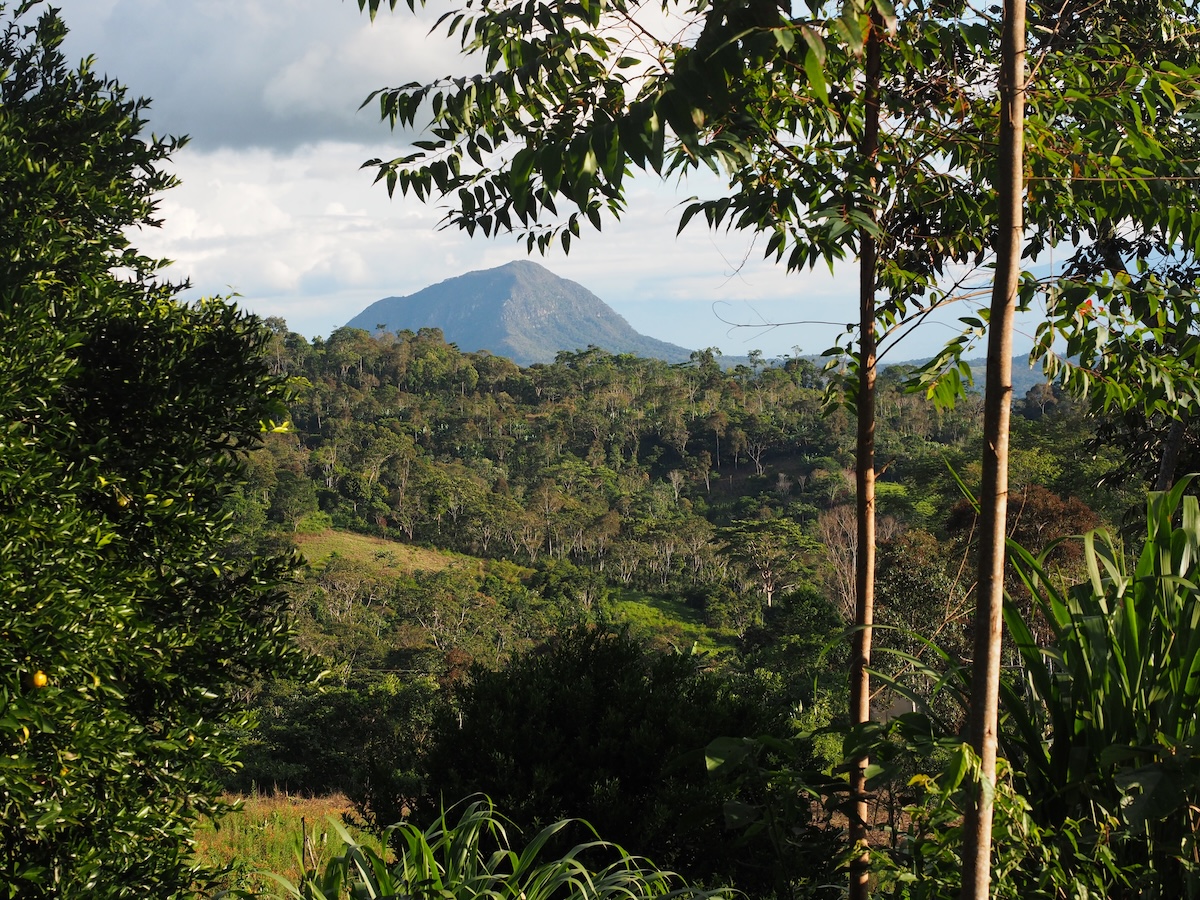Over the course of the last year – the hottest summer on record – the planet faced the increasing effects of a changing climate, and the knock-on impacts of poverty, food insecurity, political instability, and limited opportunities for women and youth. Solidaridad is built for these challenges, working with small-scale farming communities to develop pragmatic, locally-relevant approaches.
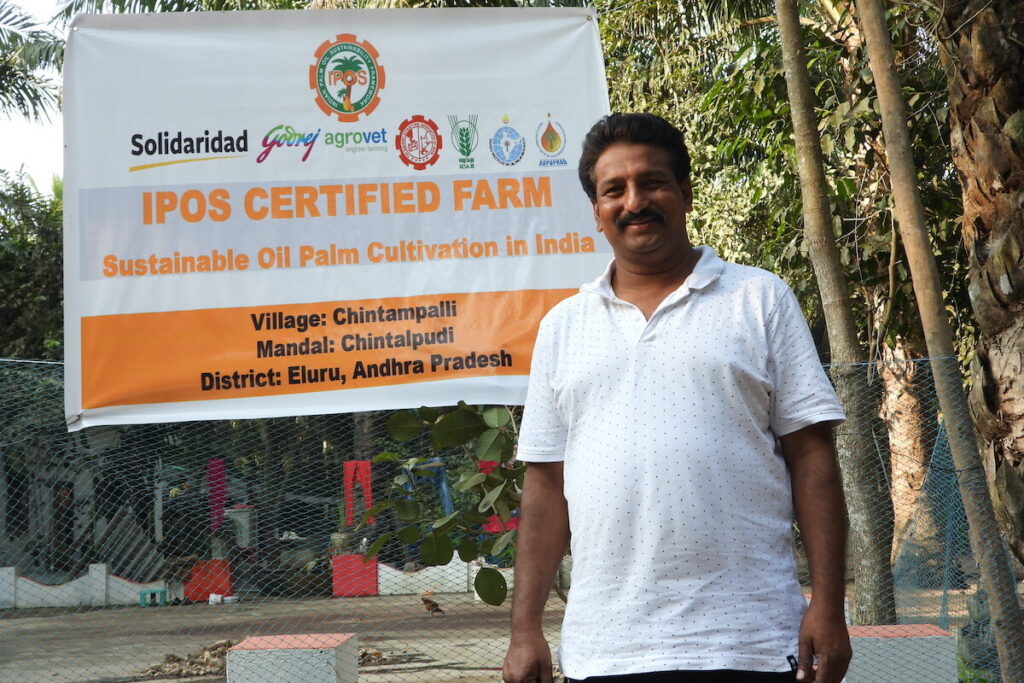
Our direct connection with farmers helps us find and implement solutions to problems that can seem insolvable, and we continue to share our learnings as we build communities and work with our partners.
A welcome to new leadership
In March 2024, Andre de Freitas became the new Executive Director of the Solidaridad Network. Andre brings nearly two decades of invaluable experience in leading socio-environmental civil society organizations. His background in forestry and passion for sustainability in land-based supply chains bring a timely perspective to an evolving landscape of global regulation.
The European Union confronts deforestation, steps back, takes a beat
The European Union response to global deforestation, outlined in the EUDR regulations, will have a profound impact on supply chains across the globe, especially small-scale producers across Asia, Africa and Latin America.
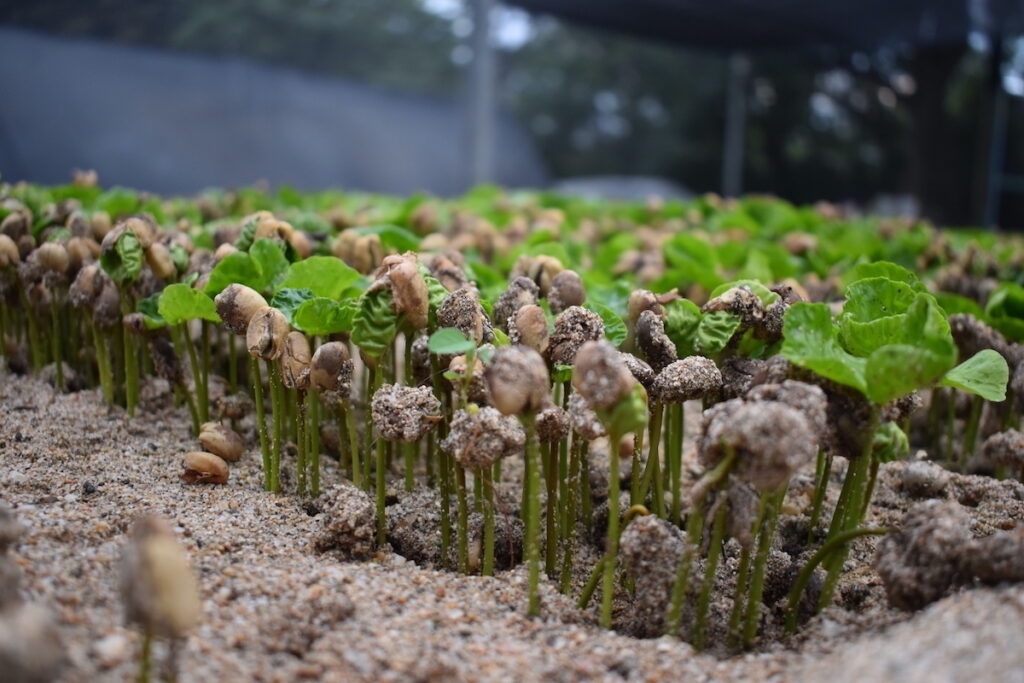
To make EUDR work for both nature and the people at the start of global supply chains, ambitious partnerships with producing countries are essential. In South America, soybean and livestock farmers collaborated with Solidaridad to prepare for the new regulations and ensure a fair transition for all. Similar efforts happened in many of the countries where we work, including Honduras where farmers are working to build a more sustainable and equitable coffee value chain to help farmers adapt and meet the requirements.
While the impact of the new rules will be pronounced, Solidaridad called on the EU to implement the EUDR without unnecessary delay. Ultimately, the EU Parliament voted to delay implementation of the EUDR for one more year as supply chain actors work to take the steps needed to comply. Fortunately, many of the farmers we work with are on their way to compliance.
Exploring value distribution in the coffee supply chain
In June of 2024, Solidaridad, IDH and the Global Coffee Platform published ‘The Grounds for Sharing, a landmark study on value distribution in coffee. The study found that though there is enough value for everyone to make a profit in the coffee supply chain, this profit rarely reaches farmers.
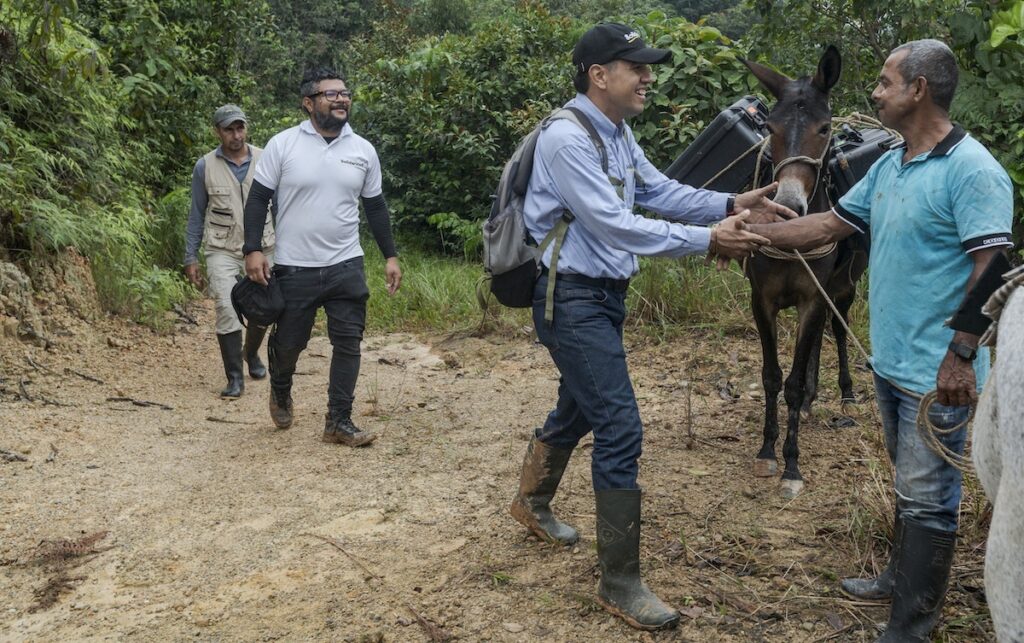
As coffee prices continue to climb to 50-year highs in early 2025, the need for more equitable value distribution is critical for a sustainable supply chain that is resilient to price volatility and a changing climate.
Meeting the climate change challenge
The United Nations meeting on climate change, COP29, was held in Baku, Azerbaijan in November 2024. Solidaridad staff members were on hand to advocate for an increase to accessible financing to fund locally-led adaptation and mitigation measures.
On the topic of climate, biochar projects are providing farmers with a climate solution that improves soil’s ability to store water and nutrients, boost production and supplement income. Through the RECLAIM Sustainability! programme, farmers are using the soil amendment to boost cotton agriculture in Zambia. In Ghana, cocoa farmers have also discovered the game-changing impacts of biochar.
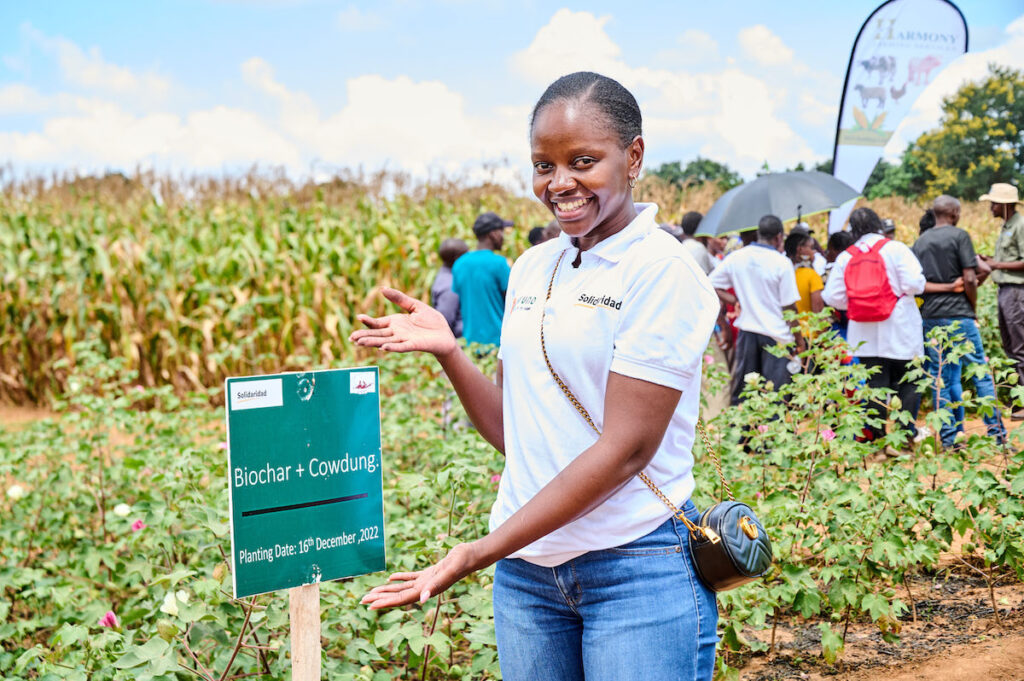
Creating sustainable palm oil value chains
Solidaridad collaborated with partners across Asia, Latin America and Africa to promote sustainable palm oil production practices. Oil palm agriculture is essential to the livelihoods of many small-scale producers, who represent roughly 30 percent of global production.
Solidaridad Asia organized a conference to promote sustainable palm practices in India, while a partnership with the Ugandan government has resulted in a sustainability initiative to support the country’s oil palm farmers. Small-scale producers in Ghana are deploying innovative processing techniques to reduce emissions. And in Peru, palm oil producers are working to make sure that women, men, young people, and the environment benefit equitably from sustainable practices.
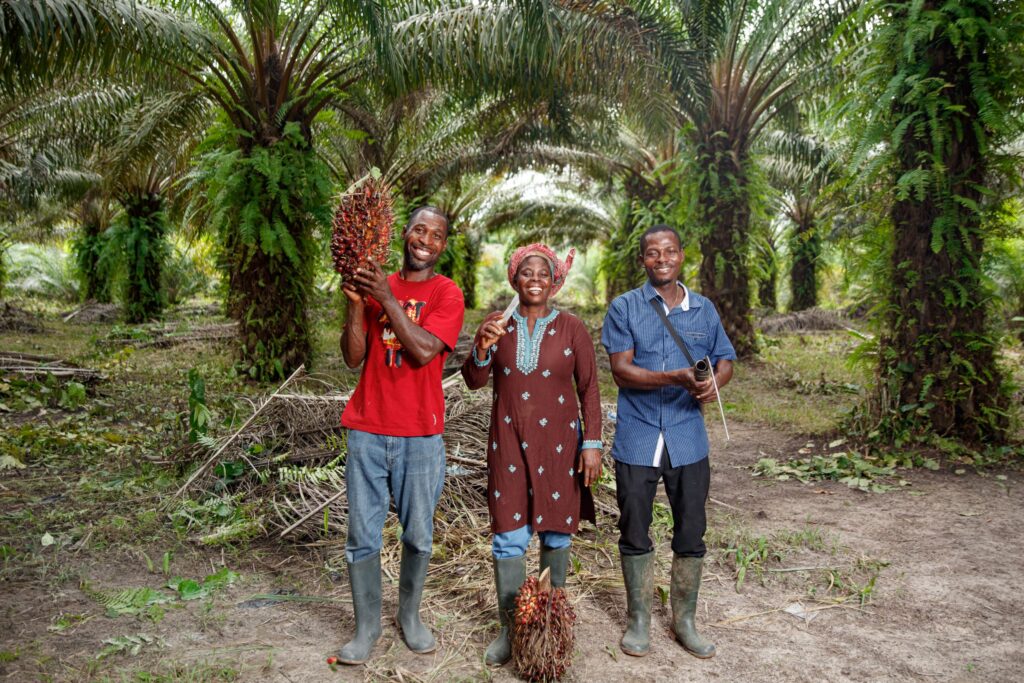
Commodities, cooperation and collaboration
Commodity value chains link the global economy. Solidaridad is at the leading edge encouraging traceability in commodity supply chains. Our SoliTrace technology solution at work in the tea sector in India connects green leaf tea producers with consumers; a collaborative partnership on traceability is helping women miners in Peru develop their business skills; and we continue to create unique digital traceability platforms for smallholders in Honduras.
As we enter a new year, we are eager to continue working with farmers, workers and artisanal miners to respond to the challenges of climate change and the opportunities to be found in sustainable growth.

